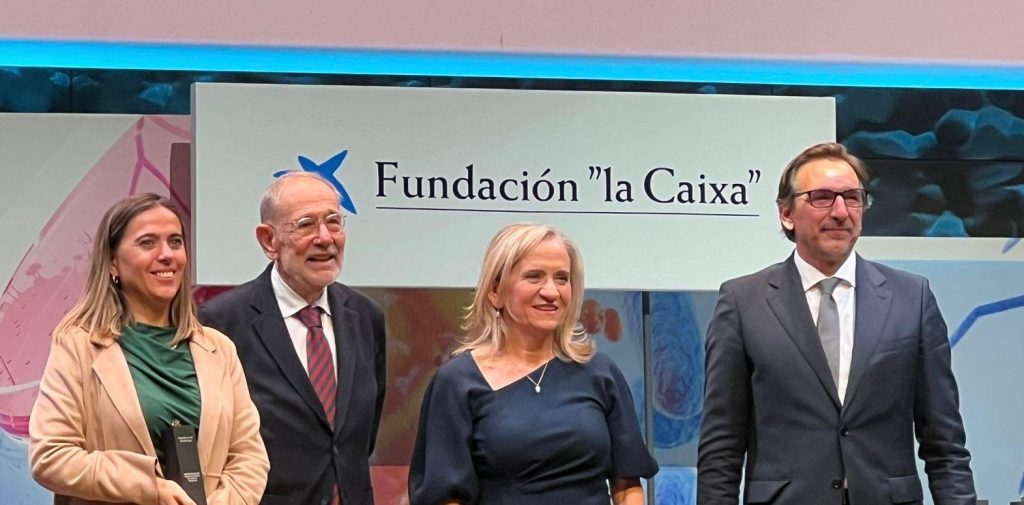La Caixa Foundation has selected 29 new biomedical research projects of excellence with great social impact within the CaixaResearch call for Health Research 2024, endowed with 25.7 million euros. Among this year’s selected projects, from 580 proposals submitted, there is a project led by Guadalupe Sabio, from the National Cancer Research Centre (CNIO) which is carried out in consortium with Maria José Alonso, from the Singular Centre for Research in Molecular Medicine and Chronic Diseases (CiMUS) of the University of Santiago de Compostela; Hesham Sadek, from the National Centre for Cardiovascular Research Carlos III (CNIC) and Mónica Giménez Marqués, from the Institute of Molecular Science (ICMol) of the University of Valencia. The project receives a grant of 999,920 euros from La Caixa Foundation to draw up a new therapeutic strategy to combat heart disease.
Cardiovascular diseases are the leading cause of death worldwide. According to the World Health Organisation (WHO), it is estimated that in 2019, 17.9 million people died as a result of cardiovascular disease, which represents 32% of all deaths worldwide. Of these, 85% were due to heart attacks and strokes.
The heart, key in this group of disorders, is the organ that presents the highest metabolic demand and requires enormous flexibility to be able to adapt to daily changes. Any alteration in the metabolism of the patient increases the risk of heart failure. In this regard, the present project will study the mechanisms involved in cardiac metabolism, which will open the door to identifying new therapeutic strategies.
In previous studies, the team has identified a key protein in the oxygen-sensing mechanism of the mitochondria of heart muscle cells, and preliminary data suggest that modulating this sensing mechanism could provide protection against cardiac damage. In this project, the team will evaluate the therapeutic capacity of nanoparticles designed to eliminate precisely this protein in the context of cardiac hypoxia and myocardial infarction, with the aim of elucidating whether this is a viable strategy to combat heart disease.
Contribution of MJAlonso Lab
The laboratory led by Professor Alonso at USC will contribute to this project by designing biofunctional nanocapsules capable of selectively reaching the cells of cardiac tissue and silencing (preventing the expression of) the abnormal protein identified by Dr Sabio with the ultimate goal of preventing cardiac hypoxia and, consequently, myocardial infarction.
Professor Alonso’s laboratory has contributed to the development of nanoparticles as polynucleotide carriers (siRNA, mRNA, miRNA) since the early 2000s. It currently has unique technological platforms with the capacity to transport the aforementioned molecules to various tissues of our body, thus achieving advanced and precision therapies.

